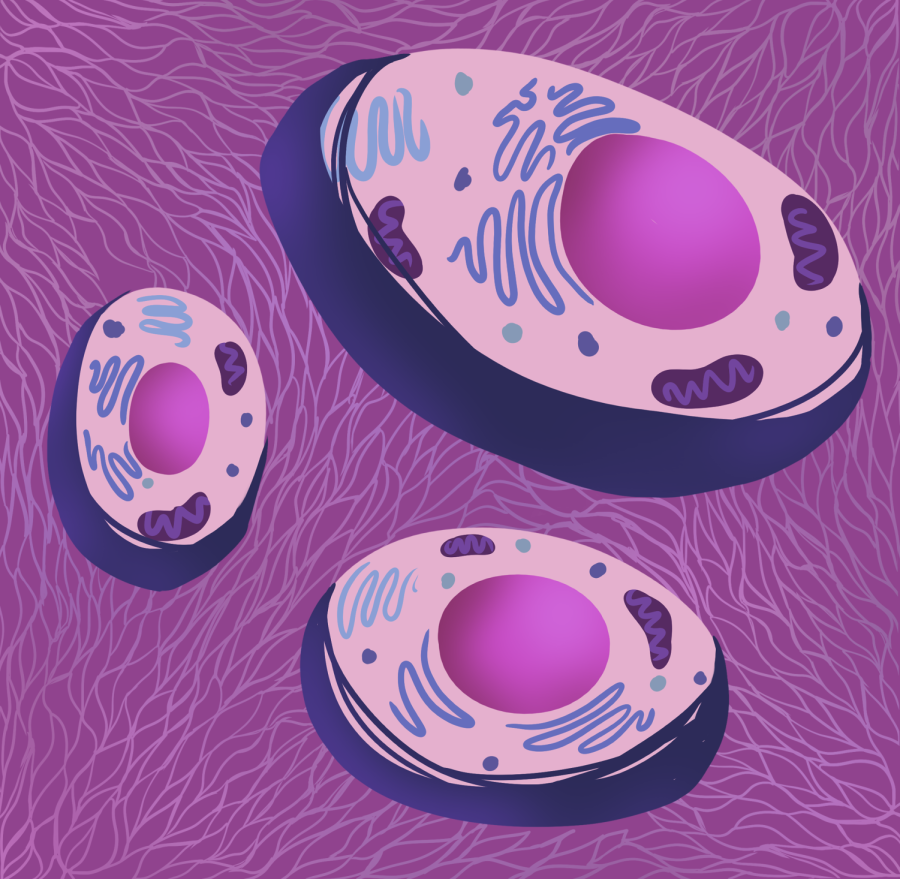$1.5M grant awarded to UT researchers for synthetic cell development
September 9, 2022
A $1.5 million grant from the National Science Foundation will fund the formation of a team of UT researchers to further the development of synthetic cells.
The grant, which was awarded over the summer, will fund the research over the course of three years. The researchers will develop more advanced ways to deliver therapeutic materials via artificial cells, an advancement that will aid in processes such as delivering drugs to biological cells. In addition, the research will help create a way for artificial cells to communicate with organic cells, an advancement that could potentially help treat diseases like cancer.
Jeanne Stachowiak, associate biomedical engineering professor, said so far, synthetic cell research has allowed researchers to develop vesicles, or “containers at the micrometer scale.”
These vesicles have membranes similar to those of normal cells and incorporate proteins that allow them to deliver materials to a cell. Although these vesicles are useful, the ones that have been developed so far are too simple to be compared to biological cells, said Stachowiak.
“These vesicles just contain lipids and these proteins; they’re vastly less complex than a cell,” said Stachowiak, one of the leaders of the synthetic cell project. “They’re more like cell-inspired devices or materials.”
The grant will allow researchers to combine research done in Stachowiak’s lab with research done by project co-leader Brian Belardi. Among other things, Belardi’s research has focused on another type of cell communication. By utilizing the research from both labs, Stachowiak said scientists can work toward gaining more control over selecting the exact biological cells to be treated.
Government professor Benjamin Gregg will also participate in the research by providing input into ethical considerations during the development process.
“What is a human being?” Gregg said. “What is natural? To what extent should we modify? On what grounds, and who should decide? … This is also related to our relationship to our environment and to the planet because changes in one ecosystem will have consequences for others.”
Gregg said multiple factors need to be considered during the development of technology that could profoundly alter society.
“We must be concerned about a technology, like so many emerging technologies, that would exacerbate existing social inequalities,” Gregg said. “Those who are already strongly situated socially, economically, culturally and in other ways, would have greater access and would in fact, only enhance the strength of their position. Those who are weakly situated would only be made weaker.”
Gregg said though there are many considerations needed to ensure synthetic cell technology is developed ethically, this tool has the potential to alleviate issues such as cancer and Alzheimer’s if its full potential is realized.
“I would argue that the phenomenon of synthetic biology … constitutes one of the greatest moral and political challenges of our time,” Gregg said. “This kind of research touches on some of the most profound self-understandings of our species.”



